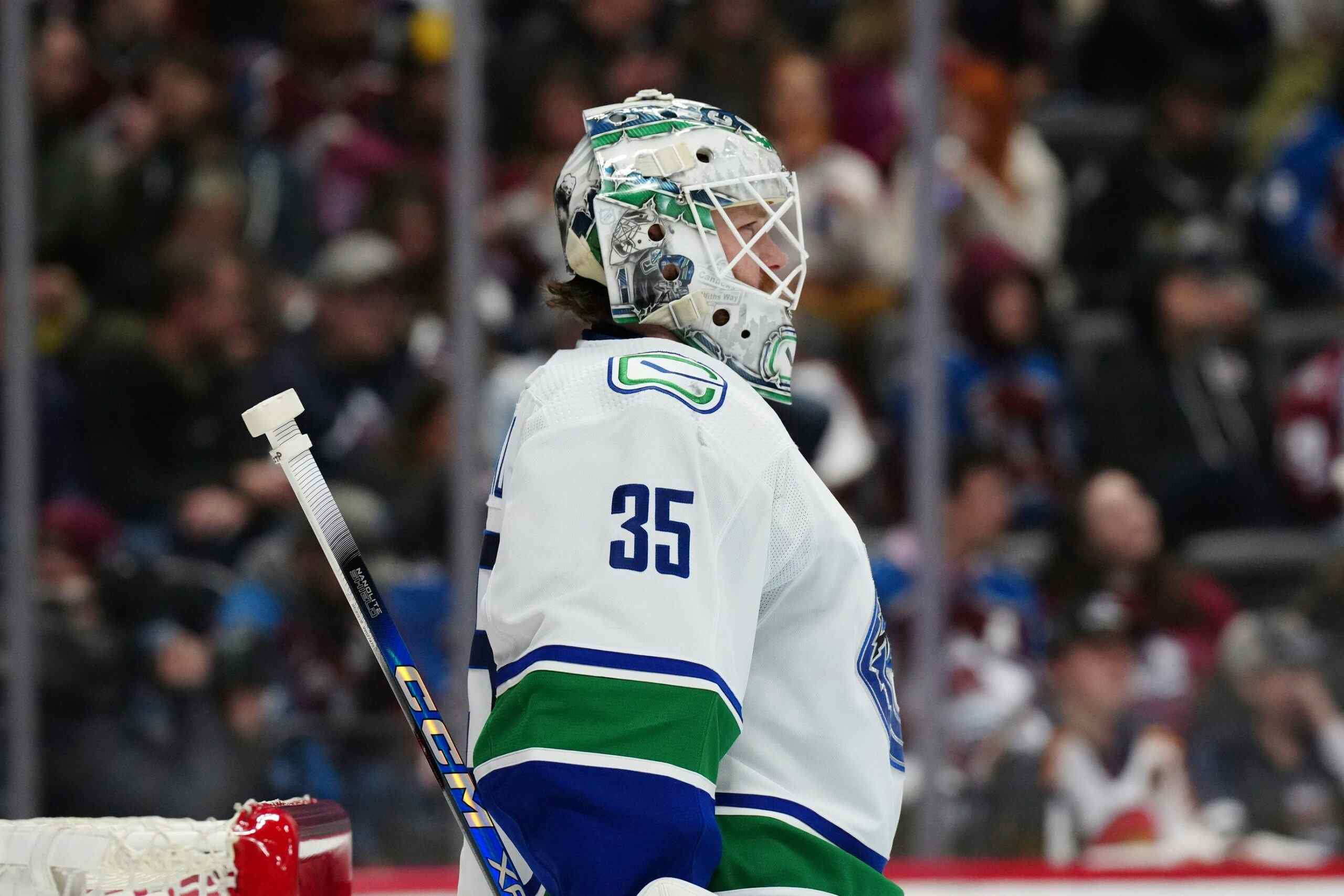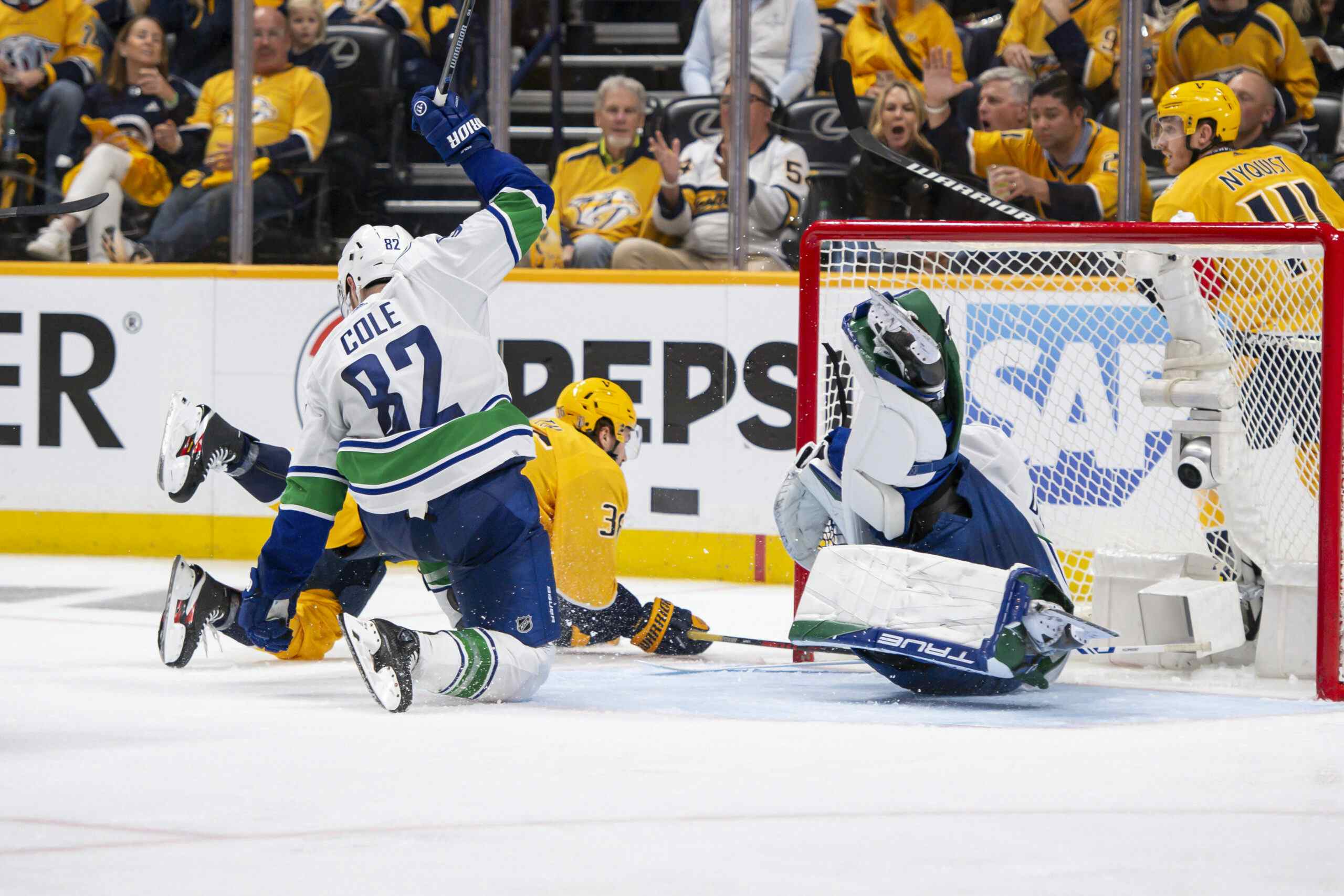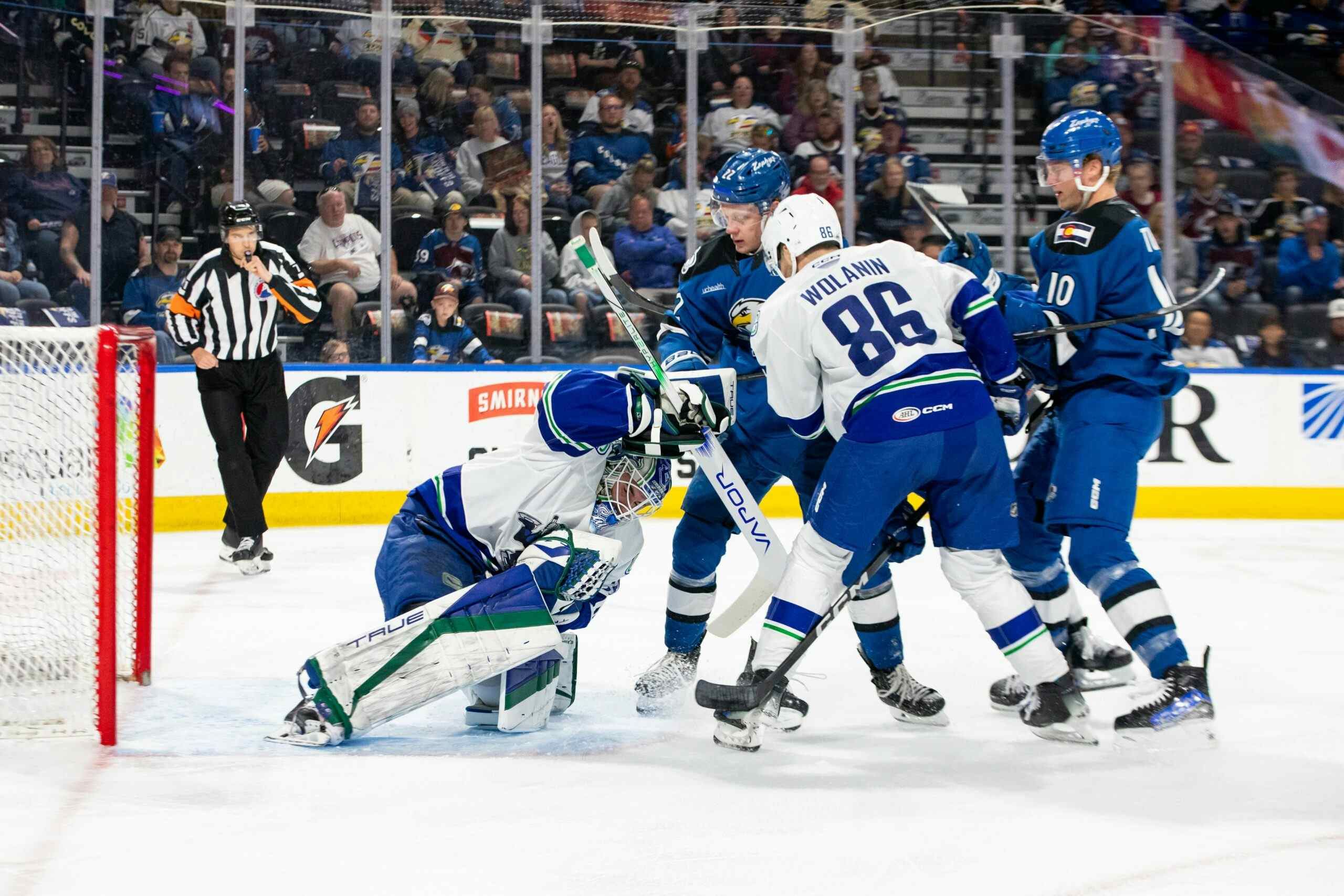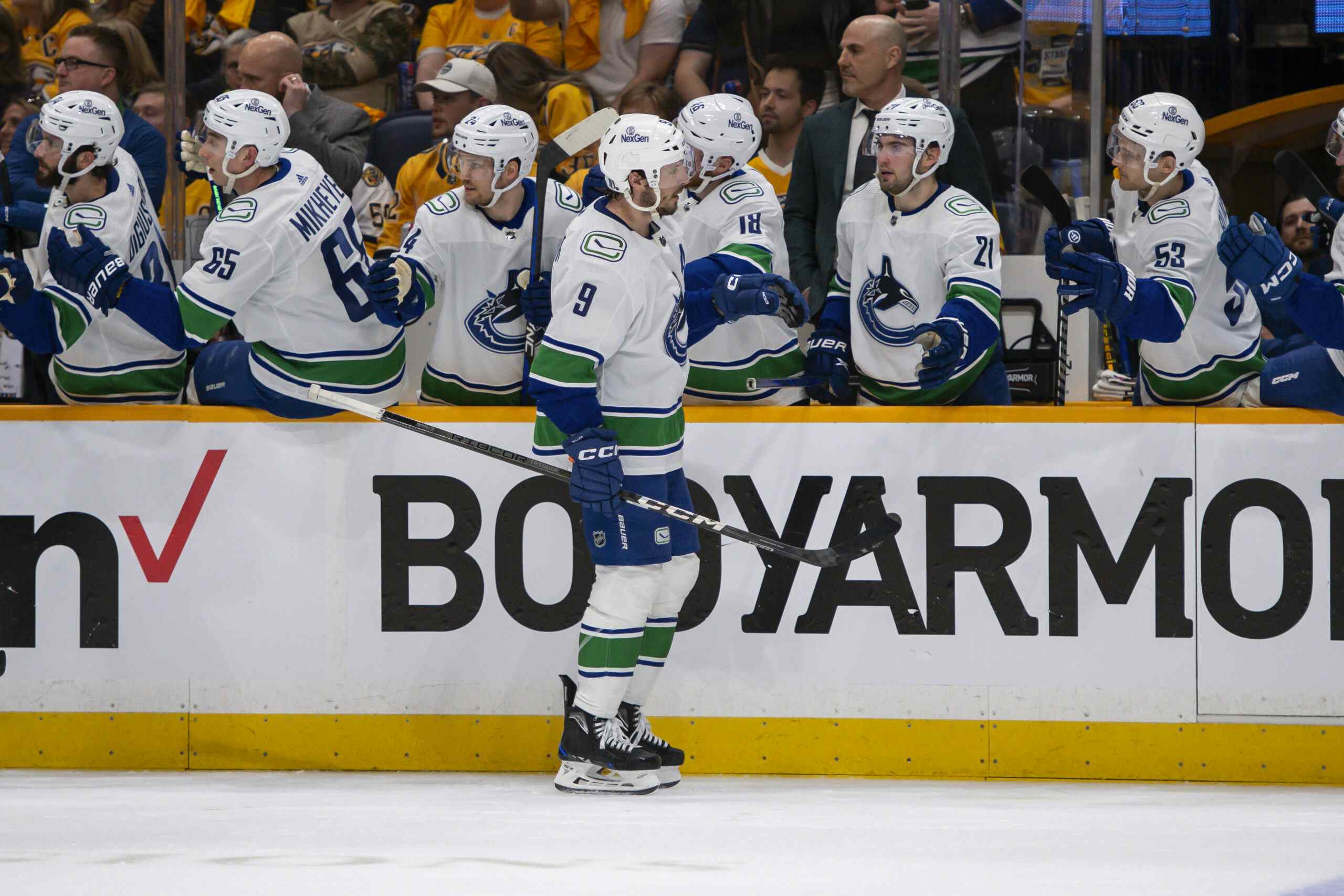Canucks scout Brandon Benning talks about what scouting will look like going forward
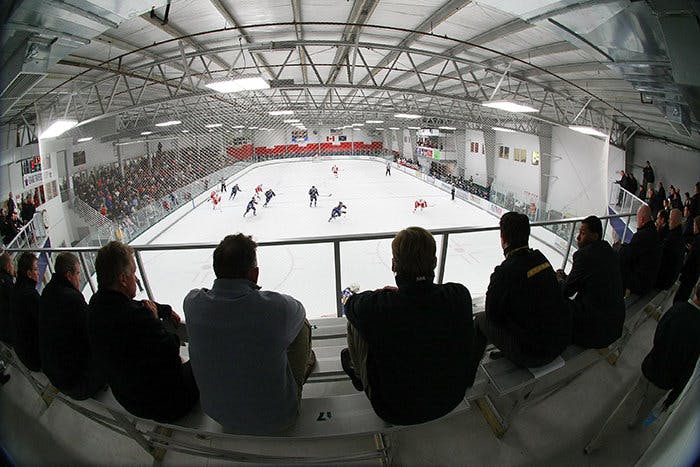
By Jason Jhutti
3 years agoScouting is an essential part of any organization’s success.
The goal is to find players who can help the team in both the short and long term, and as an amateur scout, your job is to identify them at an early age.
The world we once knew is surely out of our grasp, and we are all adapting to a new normal in all areas of our lives. This is also the case for NHL scouting departments.
I spoke with current Vancouver Canucks amateur scout Brandon Benning to get his thoughts on the future of scouting and a few other tidbits.
Q: What is your role with the team for those who don’t know what an amateur scout does?
A: As an amateur scout of the west, your job is to cover all hockey teams in the WHL, BCHL, AJHL, SJHL and MJHL for draft-eligible players.
Q: Describe a typical day for you, i.e. day in a life?
A: A typical day involves travel to a game, either driving or flying, watching the game, coming back to your hotel room and writing up the game report. The next day either travelling onward somewhere else or going home.
Q: How has COVID-19 affected your role in scouting? Especially with last year’s draft done virtually, what was the most challenging part the scouting department faced?
A: COVID has affected meetings in person talking to the players; for now, we use zoom as a substitute. The biggest issue from the last draft was the season-ending early for so many leagues; so many teams missed some final follow up on many players who had been hurt during the course of the season or where in hard to travel and watch areas.
Q: I know this is hard to forecast, but how do you think scouting will look in the upcoming season? Do you see a change in how scouting will be done in the future? Do you think we are moving away from traditional scouting (in-person) and going more towards video scouting?
A: As of now, video scouting is the go-to to get reads on players. I do not think this will change the long term use of in-person scouting. In-game, you get a much better read of the flow of the game, the momentum and the details that set the men apart from the boys in league play.
Q: Can you describe the process of a player who is considered a late-round pick? For example, their trajectory from identifying them to getting drafted. How many times would you look at the player?
A: A late-round player is a player who usually has a flaw to the game they play but also bring something special that others do not (superior skill, offensive ability, speed, physical edge, etc.). It’s a player that the regional scouts are very familiar with, that you project to improve all around and have a vote of confidence with the crossover scouts who approve of them as a draft pick.
Q: Finally, do you have any advice for anyone who wants to get into scouting?
A: If scouting is your passion, be a full student of the game. Understand what makes players special, the ability that they have in junior or college that gets them into the NHL. Have a proactive mindset and start networking. Get to know those in the business and communicate with them. Find a mentor already in the business and hone your scouting ability, collaborating with them on players, identifying what makes them special and if it is a skill set that will carry onto professional leagues.
Thank you to Brandon Benning for taking the time to chat with me. Hopefully, the season gets going quickly, and we can all get back to what we love doing, which is watching hockey.
Recent articles from Jason Jhutti

